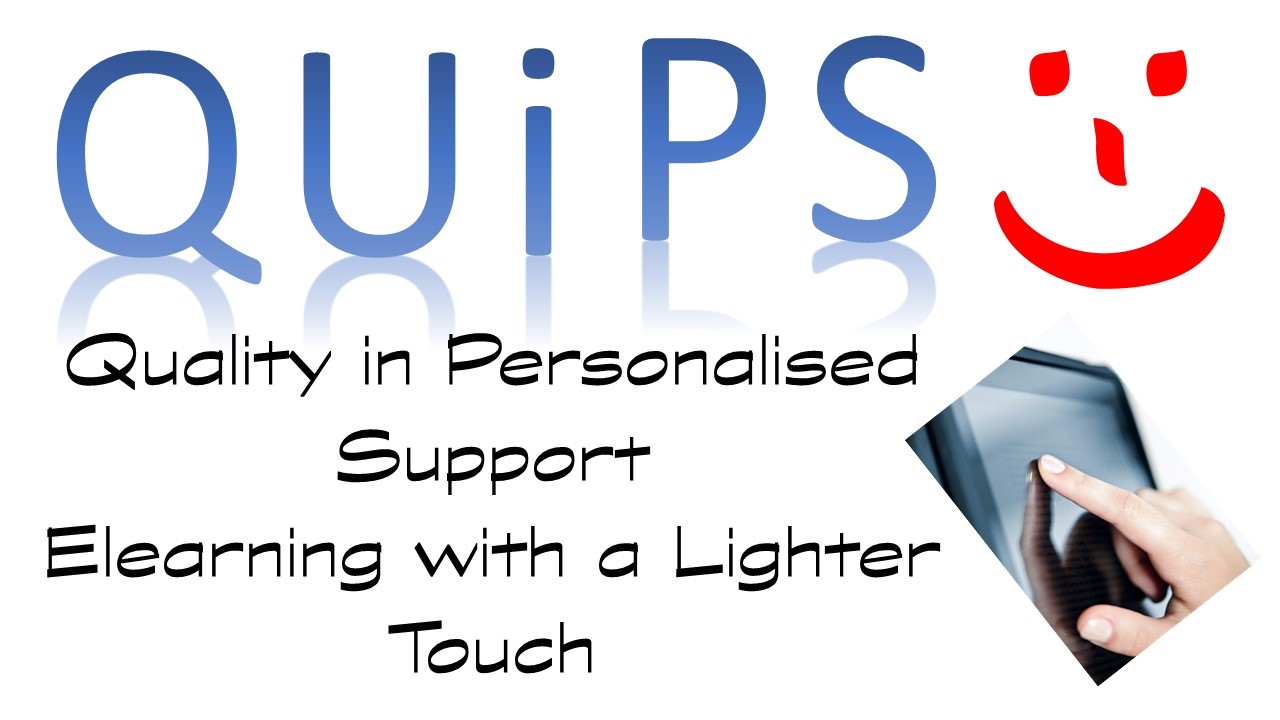I'm responding to my (imagined) community Care and Support Training and Education Company - QUiPS.

RECOMMENDATIONS TO BOARD.
Funding from Coketown University matching a one-off lottery grant obtained by Coketown Disability Alliance and Mental Health Survivors (Coketown) is for the academic year 2016 – 17 and must be fully allocated by March 2017 for initial start-up pilot during 2017-8, with final review of the efficacy of funding in December 2018.
|
PRIORITY FOR OPENNESS INNOVATIONS 2016 |
JUSTIFICATION FOR PRIORITY |
|
Sustainability |
A criteria for achievement of funding was a case that the project would be sustainable for a minimum of 5 years prior to interim review. Hence this must be a priority, not least because we are aiming not only to sustain the impetus to ongoing innovation but also because the benefits to end-users (people who use the benefits of our staff development services in their role as service-users and / or carers) MUST be sustainable if they are to be at all functionally useful.
A case for sustainability can be built from: i The project’s income generation potential as a service favoured by present and future support service providers; ii A rolling programme of defined goals and assessment monitoring of progress to those goals; iii A high profile in the communities providing services and using them of our teaching and learning products and their identifying name / logo. iv Collection of data of satisfaction and of feedback to aid improvement. |
|
Learner support |
We see the community of learners who provide support to others as essential to: i Publicising our strengths ii Identifying limitations of educational service. Hence, it is vital that we develop trust in that community as recipients of out training feedback and generators of satusfaction and improvement identification data. Molloy et. al. (2013:50) talk about setting an appropriate ‘emotional dimension’ in order to sustain mutual feedback frameworks. We know that this is vital to the success implementation of TEL innovations, including robotic elements. Not supporting our learners is a means of planning ‘maladaptive responses’ to feedback in learners and in ourselves (ibid:56f.). This will threaten our sustainability and the Quality of our direct service and its reflection in the quality of community support. We believe support is the main variable too in ensuring initial take-up of TEL innovations. Continued use is best predicted by successful initial usage (Yueh et. al. 2015). Since our innovations involve interaction with appropriate guiding pedagogies, then their support will be the first priority – followed of course by development. However, development of learner-centric pedagogy is itself based on the trust to share mutual feedback. |
|
Quality |
As an essential part of our name and logo, this word must never be secondary (or in any way merely nominal) in any part of our ongoing work. It goes along, of course, with sustainability but here we stress not the processes by ewhich quality is improved continually but its demonstration to ourselves and others through tangible evidence. We know that this evidence cannot be merely records of quality processes undertaken or statistical measures but must also be represented in qualitative form: in exchanges of conversation, record-keeping, safety compliance and affective evidence from our discussion and f2f for a with end-users. This will not happen as an off-shoot of other measures alone. Quality needs to be a function of any forum and consultation – such that we show that we do not own its definition, rather it is defined emergently throughout the chain of users of service. |
|
SECONDARY OPENNESS INNOVATIONS |
Comment |
|
Pedagogy |
Our innovations combine technological innovation with pedagogic affordances of that technology and are therefore not separate from them. They will need onward development through monitoring processes but this is dependent on the primary factors above. |
|
Barriers to uptake |
Because we are a community organisation, we believe this is a primary issie but also believe that the service is responsive to a demand that is already articulated in our executive and feedback for a. We were born out of awareness of the barruers set by traditional services. The barriers we confront immediately are initially the province of ‘Learner Support’ and ‘Quality’ functions. Later ones will depend on the impact of our sustainibility plans. |
|
Technology |
See Learner Support (above and Yueh et. al. (2015). |
|
Rights |
Rights are primary to us but these rights are those of our end-users who profit from shared ideas with reduced barriers to collaborative participation. It can be argued that the rights of innovative creators will, if not recognised, lead to a slow-down of innovation. So far, this is not (as a community partnership enterprise working not-for-profit this has not been our experience. It is a factor however that requires monitoring. |
Molloy, E., Borrel-Carrio, F. & Epstein, R. 'The impact of emotions in feedback' in Boud, D. & Molloy, E. (Eds.) Feedback in Higher and Professional Education: Understanding It and Doing It Well London, Routledge.
Yueh, H-P., Huang, J-Y. & Chang, C. (2015) ‘Exploring Factors Affecting Students’ continued Wiki use for individual and collaborative learning: an extended UTAUT perspective’ in Australasian journal of Educational Technology 31 (1) pp. 16 – 31.
Comments
New comment
Hi Steve
I do agree with your priorities. Sustainability is often the challenge but particularly for community organisations.
Cheers
Alan